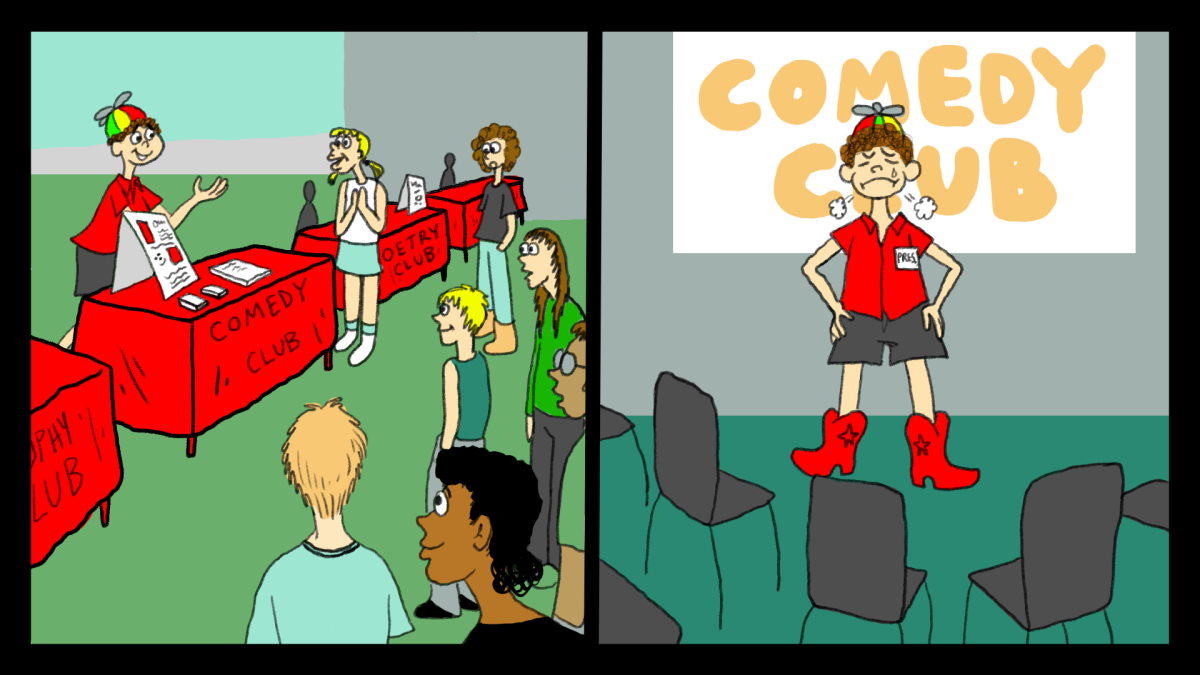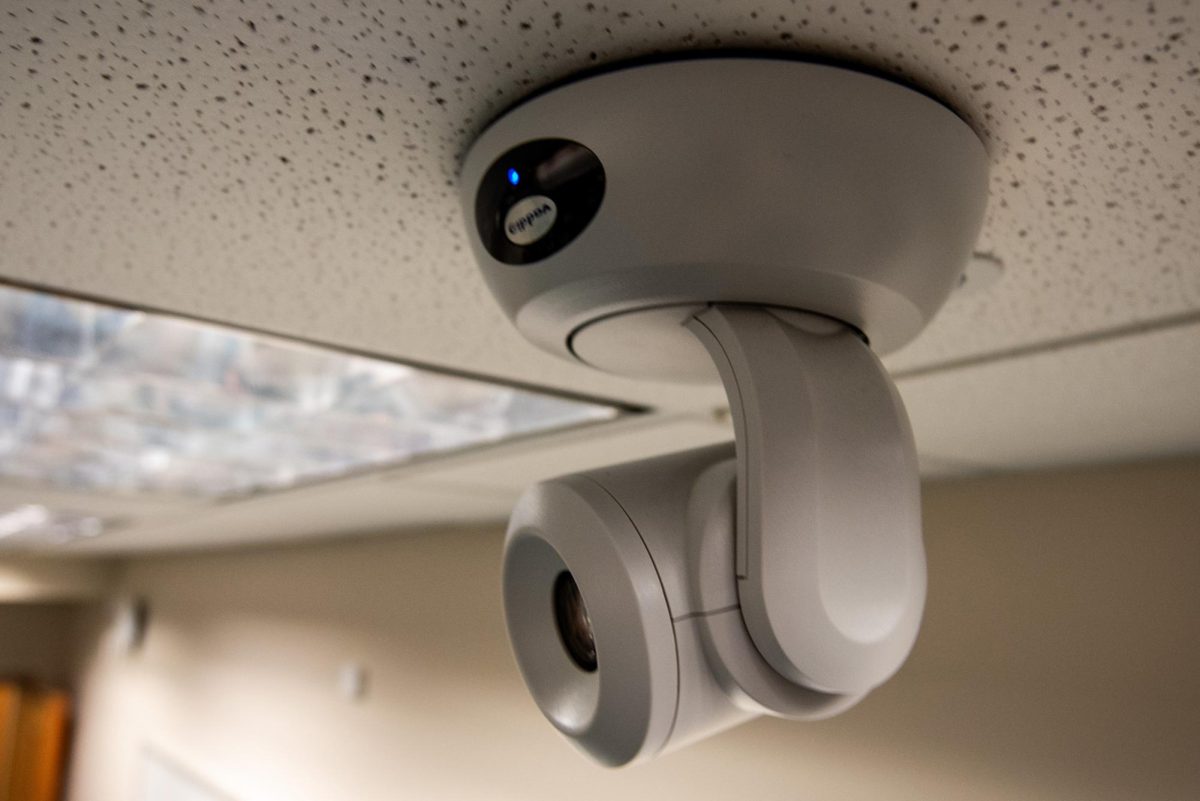Course registration is the first step before the beginning of the semester. It involves a compromise between the student’s choice of courses and the breadth and depth requirements stated by the university. Given the huge number of students and the limited seats available in courses, this compromise can be a tricky maneuver.
I have communicated with a lot of students, both pursuing graduate and undergraduate degrees, and many of them, including me, are frustrated because they are unable to register for courses they think will contribute significantly to their career path. Given the competitive nature of the contemporary world, if this problem is not taken care of, a lot of budding professionals may lose an opportunity to learn and suffer a setback later when looking for jobs or pursuing higher education.
Improving the registration system has multiple advantages, both for students and the university. For the students, it means a better chance to study their choice of course, which will ultimately help them in pursuing a career of their choice. The university will benefit by having passionate students who wish to learn and will end up making significant contributions to society. Becoming a better professional adds to the worth of a student and the university can boast of producing well-equipped and knowledgeable professionals.
It is not always possible to wait for a semester to take a specific course or another similar course because many courses are offered in alternate years, which means if graduate students miss this opportunity, they cannot recover it later unless they convert their master’s degree to a Ph.D.
There is a lot of scope for improvement in the university’s current course registration system.
Consider when a student wants to take a course from a department different than their own. This is not a rare occurrence. For example, I am passionate about pattern recognition and machine learning, and several courses related to this area are offered by the Department of Computer Science instead of my own. The current procedure does not allow a student to take courses from a different department through the common enrollment procedure. One must wait to write to the department whose course they wish to take the week before the beginning of classes.
This prevents a significant number of students from being able to take the courses they want to. This is extremely important because if students cannot take the courses that cater to their passion, their education becomes a grade-oriented formality for them. Not only does this lead to frustration, but also to reduced efficiency of the student population and consequently, the university. Individuals cannot perform well unless they do something they are passionate about.
I am not overlooking the departments’ limited class space, but a student must be allowed to take courses from other departments if they wish to. Currently, this phenomenon is too random. In my view, there are two simple ways to improve it.
The departments have a fair idea of which courses are more popular than the others. Such courses can have seats reserved for students from other departments, along with increasing the overall number of seats, for example, by 20 percent of the current limit. While this does not fully eliminate the problem, it certainly lessens its effect by allowing more students to take inter-department courses.
A tweak to this solution can be making the course audits from different departments easier to access. For instance, a student cannot audit a course from the Department of Computer Science if they are from another department. This would certainly help students take more courses from different departments and make following their passions easier.
Another good idea would be to create more online courses that are offered every year for students who want to take a course from a department different than their own. This will cost the university the resources to create the course only once and allow more students to access the course materials over the years. This alteration will allow the course to be offered more frequently for relatively low faculty costs, which will allow more passionate students to take that course over the years. It will also prevent them from losing out on a course due to problematic registration.
There do exist some mechanisms that address this problem, such as writing to the professor seeking special permission to attend the class. However, such mechanisms merely treat the problem, rather than prevent it. If the registration system of the university is reformed, it will lead to reduced frustration in the student population and produce better professional outcomes for them.








